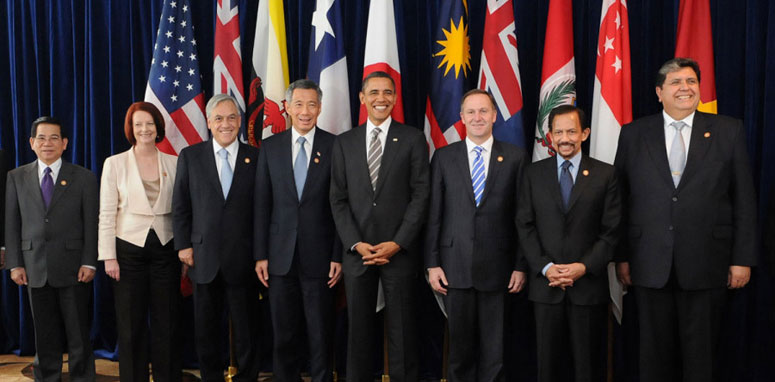Initial terms for the Trans-Pacific Partnership (TPP) deal have finally been reached. As the largest regional trade accord in history – spearheaded by the United States and Japan and including ten other Pacific Rim nations – the TPP is expected to have a significant impact on global shipping.
But what exactly does this mean for you and your international shipments? In some ways, it’s difficult to tell, since the negotiations were shrouded in secrecy. However, enough information has leaked out of the discussions to provide you with some guidance on how the TPP may change the way you do business.
Market Access & Competition
Taxes and tariffs were one of the biggest talking points during the TPP negotiations. Previously, taxes and tariffs on specific products from certain countries made it difficult to compete with both domestic goods and those from other countries within the agreement. The TPP aims to reduce taxes and tariffs on many products, and as a result, improve market access and competition among Trans-Pacific nations.
New Open Markets
The TPP aims to create an open and balanced marketplace. With more products and services in an open market, consumers can decide which they prefer – regardless of country of origin — resulting in increased competition and reduced prices.
Standardized Rules & Regulations
The TPP will significantly shift the ways in which companies from the countries involved conduct business – both internationally and domestically. A previous lack of all-encompassing rules and regulations resulted in uneven practices and an uncompetitive marketplace. TPP aims to change that.
Improved Laws
While there were many facets of the law involved with TPP negotiations, the two biggest segments were labor and environmental laws. Countries that were previously lagging behind with loose laws will now be forced to play catch-up to give workers additional protections.
One Set of Standards
To support its new rules, the TPP will establish a system that processes complaints against countries and companies that break laws via tribunals, rather than following the laws of one particular government. This system helps ensure all companies included in the TPP are treated fairly and don’t run the risk of breaking laws in a foreign nation that might otherwise be allowed in its own.
The initial agreement is just the first step toward ratification following years of negotiations. The TPP will now face a tough fight in the United States, as the pact needs approval from Congress. ICAT will continue to monitor the TPP progress and help you navigate its rules when and if they are put into place.

